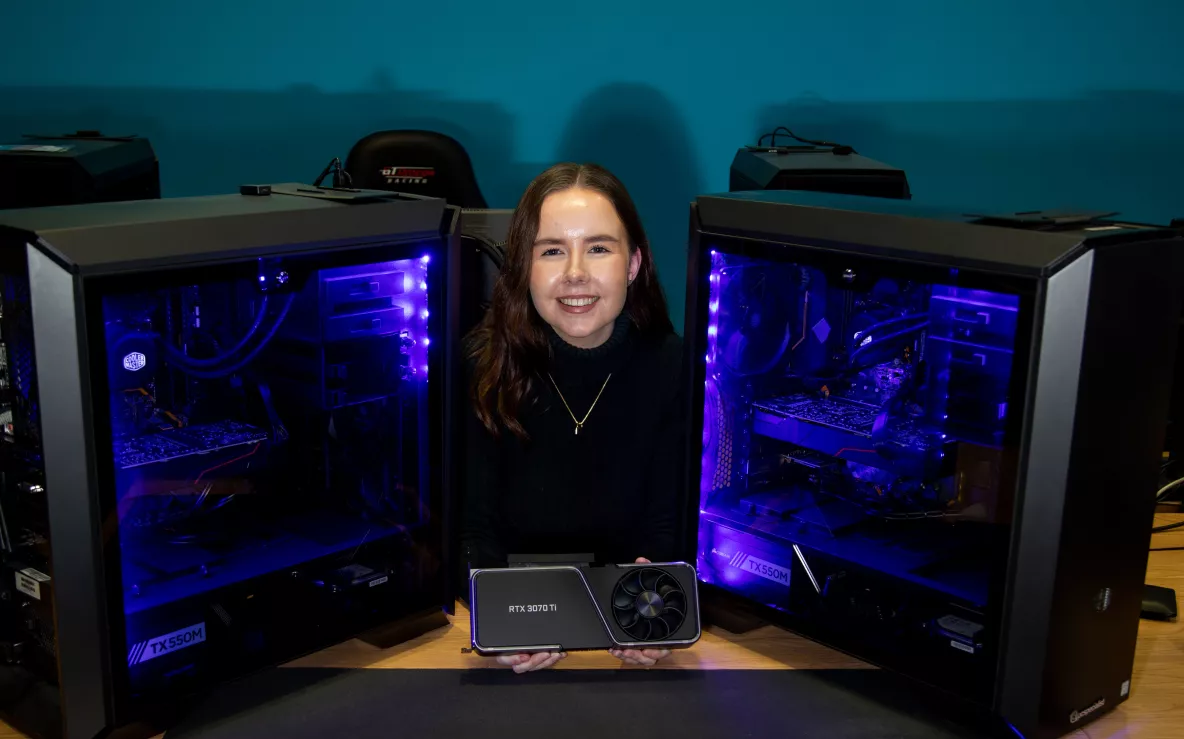
Lero, the SFI Research Centre for Software based at University of Limerick, is to lead cutting-edge research into elite human-computer performance in esports athletes.
The world leader in esport research has announced that it is working with Nvidia to help gamers improve their chances of winning a portion of the huge prize money expected to be on offer in global gaming next year.
Dr Mark Campbell and Dr Adam Toth of Lero’s Esports Science Research Lab (ESRL), based at the University of Limerick (UL), are leading the research. Dr Campbell points out that esports is big business, with the global gaming market valued at $173.70 billion in 2021. It is expected to reach a value of $314.40 billion by 2027.
“The esports prize pool is expected to reach over $543 million worldwide by 2023. The top earner, Johan Sundstein, who plays Dota2, has earned more than $7 million. Ireland’s Jordan Crowley has won more than $270,000 to date,” added Dr Campbell.
This is the first time NVIDIA has partnered with a European institution on scientific research in esports. The Lero team hopes to determine the human and computer factors underlying esports performance, specifically how these factors interact to optimise gaming performance.
“We believe that the Lero team will deliver world-class research that could benefit gamers around the world and potentially enable NVIDIA to improve our products,” said Dr David Luebke, Vice President of Graphics Research at NVIDIA.
Dr Adam Toth said Lero researchers are currently seeking volunteer gamers and non-gamers to participate in the research programme in UL, where they will get to play on some of the most advanced esport and gaming equipment in the world at the Esports Science Research Lab.
“We will need between 80 and 120 volunteers, who will have their gaming skills assessed using specially designed NVIDIA software, and we will give the participants feedback on their performance. It will take about an hour of their time, so people can travel from anywhere in the country to take part,” he added.
Dr Campbell said the current research project would take about a year to complete, and they anticipate publishing their findings in peer-reviewed journals once completed.
Gamers interested in taking part should contact: esports.sciencelab@gmail.com.
